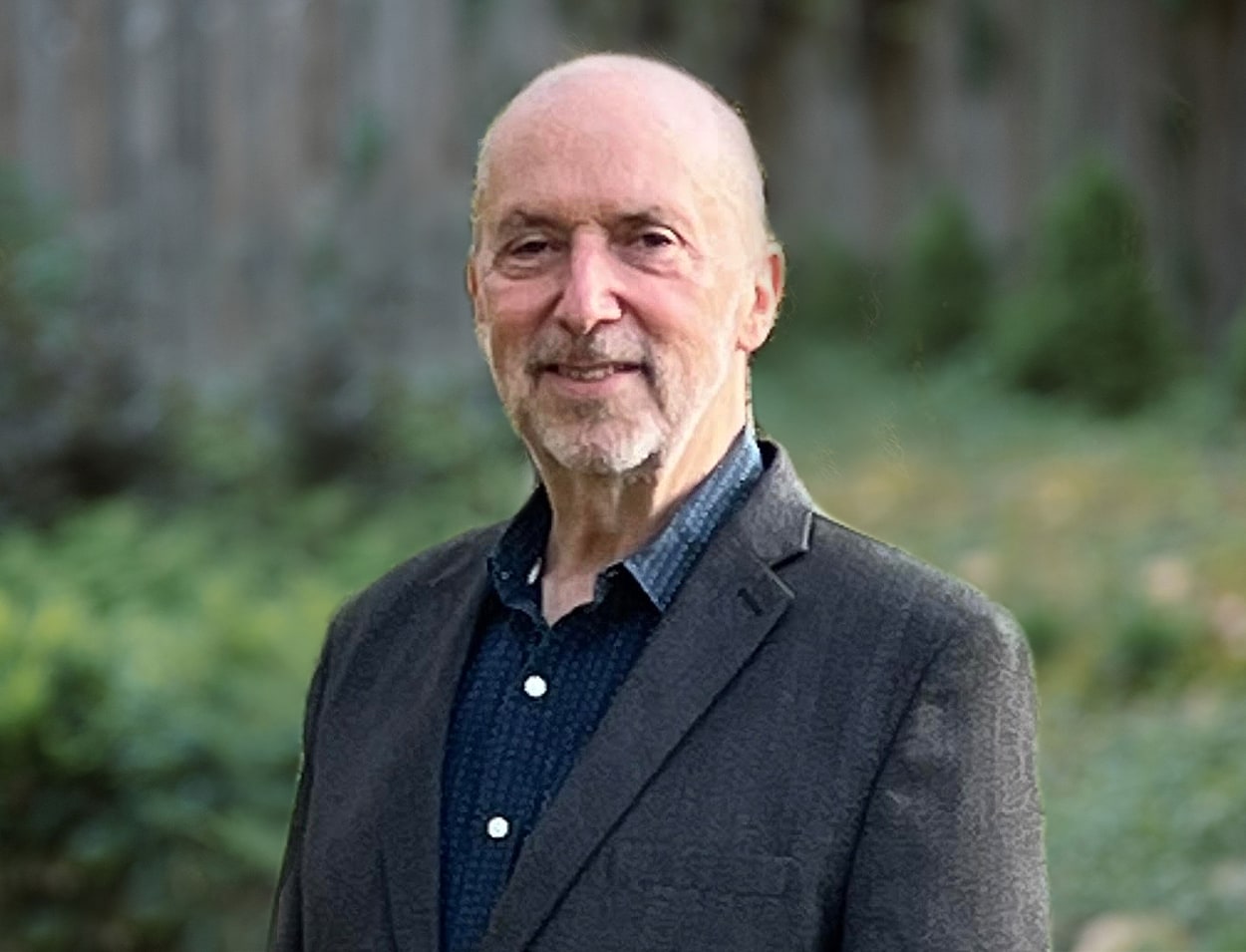Ever since I began what has since become a multi-faceted career revolving around human psychology, behavior, and performance, I have been fascinated with the science (and even the oddball speculation) that underlies whether, and how, people are able to bring about what they say they want. I have been convinced that success isn’t merely a question of wishing, affirming, or declaring something into existence as the “Law of Attraction” movement might lead you to believe. After over 30 years in the field of “what makes people tick,” here, in a nutshell, is what I have observed:
- You actually do want them, i.e., if you desire them deeply and consistently; and
- You have the required ability and capacity to do what you say you want to do; and
- You believe that you get to have what you say you want (i.e., that you deserve it); and
- You actually take intelligent, practical steps toward what you want.
Researcher and Psychologist David McClellard found that the ability to achieve could be developed in people, and he proved it by developing training programs for business people and other segments of the population that significantly increased their motivation and ability to achieve their goals. McClelland found that people with a high ability to achieve their goals are characterized by a tendency to seek challenges and a high degree of independence. They are also likely to have come from backgrounds that included
- Parents who encouraged independence in childhood
- Praise and rewards for success
- Association of achievement with positive feelings
- Association of achievement with one’s own competence and effort, not luck
- A desire to be effective or challenged
- Intrapersonal Strength (i.e., strength within oneself)
I spent a good deal of time studying McClelland’s training programs, along with other strategies known to increase the likelihood of goal achievement. Others might say it differently, but in my words it boils down to this: intensive, consistent, and enduring group support.
Why is that? Have you ever heard “It’s never too late to have a happy childhood?” I don’t take such inspirational trivia as gospel, but that one has some truth. We can’t change our past, but we can do much to replicate the encouragement and praise we needed, which in turn increase positive self-concept, intrapersonal strength, and associating achievement with positive feelings. A support group is not a family, but it can act like one.
Like David McClelland, I have found that group support has power that one-on-one coaching or counseling do not. We humans are, after all, wired for connection. What we can’t do alone we can often do in a group. Consider the success of Alcoholics Anonymous.
Support groups can’t do everything. They cannot, for example, bestow intelligence or talent where there is none. What they can do is help each member to
- Identify what teacher, author, artist, poet, playwright, novelist, filmmaker, composer, and journalist Julia Cameron calls their vein of gold—the unique talents and gifts they have to offer the world.
- Discern whether they truly want what they say they want.
- Be optimistic yet realistic about what skills and abilities they have (or need to develop) to reach their goals.
- Alter the self-perceptions that limit their ability to believe they deserve what they want.
- Identify and take practical steps toward their goals.
Where can you find such a group? They are not commonplace. Early in my career I learned how to co-create them with family and friends. Once I gained more expertise in how motivation and achievement work, I started forming and facilitating achievement support groups for others. I continue to run these groups for my clients, some of whom also see me for one-on-one coaching or counseling.
A no-cost alternative to professionally-facilitated achievement support groups are Mastermind Groups, a form of peer coaching and mentoring popularized by the author Napoleon Hill (1183-1970). Various success teachers recommend using Mastermind Groups to increase personal and business success. Since Mastermind Group members are generally not trained coaches or facilitators, these groups do not always deliver on their promise, though some do. Those interested in exploring the Mastermind Group option can use the social networking site Meetup (www.meetup.com) to find and connect with others who have or are interested in co-creating a Mastermind Group. A quick Google of “Mastermind Group” nets 994,000 results, so there are many opinions on how to create and run them. I suggest you peruse some of those pages and pick the guidelines and ground rules that make sense to you and get started.
If you prefer a professionally facilitated achievement support group and you live in the Washington DC metropolitan area, you can contact me at robert.gordon@imagocenterdc.com to join one of our existing groups.

